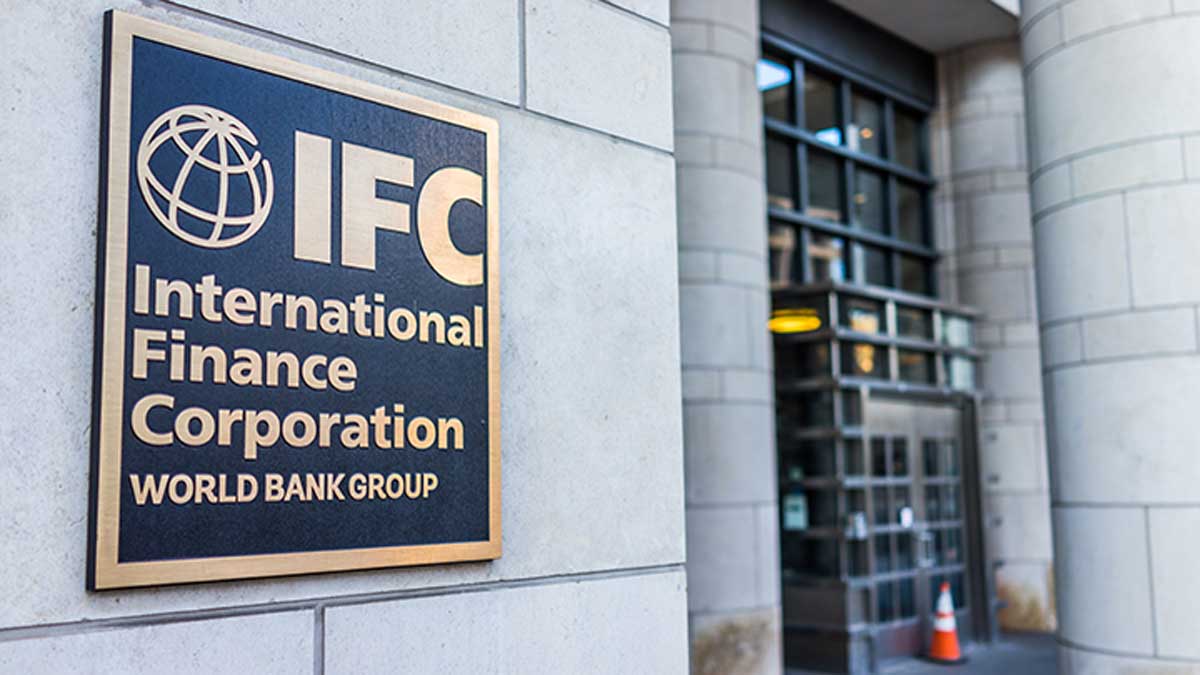
With increasing global temperature, the International Finance Corporation (IFC) and the United Nations Environment Programme (UNEP)-led Cool Coalition have canvassed adoption of sustainable cooling solutions.
The coalition noted that accelerating the transition to sustainable cooling will help developing economy consumers spend $6.4 trillion less by 2050. While 3.5 billion people, mostly from developing countries, live in hot climates, most of them do not have access to thermal comfort.
Heat-related deaths are running at a yearly average close to 500,000 globally, highlighting the urgency of boosting access to cooling, as well as averting fatal outcomes, and ensuring populations have access to cooling for comfort.
In residential, industrial and commercial buildings, access to space cooling improves well-being across important dimensions, including health, productivity, and goods durability. Under extreme heat conditions, access to proper cooling can be a lifesaver while cooling needs are driven by local temperatures and humidity levels, which vary across and within countries.
The group reinforced the need in a new report, which finds that the market for sustainable cooling in developing economies is set to more than double over the next 25 years from around $300 billion in yearly demand currently, stressing that this means the business opportunity for investors will amount to at least $600 billion in yearly demand by 2050, most of which will be attributed to active cooling.
The study also finds that adopting sustainable cooling solutions, as opposed to inefficient equipment that uses more power, could cut emerging economy consumers’ electricity bills by as much as $5.6 trillion over the next 25 years while also reducing the amount of new investment needed in additional power generation to meet peak electricity demand by $1.8 trillion.
“Achieving such outcomes will depend on consumers in developing economies being able to access the finance they need to adopt new technologies and practices. Indeed, closing existing shortfalls in access to cooling in emerging market countries will require between $400 billion and $800 billion in funds.
Accelerating the adoption of passive cooling, energy efficiency and refrigerant phase down, would reduce electricity consumption, spending on equipment, and future power sector investments by more than $8 trillion in developing countries,” according to the report.
The report highlighted that governments and regulators have a critical role to play in creating an enabling environment to make sustainable cooling in developing economies more attractive to investors, adding that the global Cooling Pledge, agreed upon at the COP28 climate conference in 2023, amounted to a commitment by governments, businesses and others to enhance energy efficiency while ensuring equitable access to cooling.
It further recommends that governments should also, with support from multilateral agencies, focus on financing underlying infrastructure and address the cooling needs of challenging market segments affected by affordability constraints.
“Another step would be for national and subnational governments to lead by example in prioritising sustainable cooling in their public procurement activities. While developing country governments have limited spending power due to fiscal constraints, they can pursue public-private partnerships and encourage concessional funding, backstopping risk for private investors and attracting more capital to their economies.”
More intensive use of refrigeration and air conditioning could trigger surges in energy demand, putting stress on power grids and potentially generating higher greenhouse gas emissions that fuel yet more warming. That means new cooling solutions must be sustainable based on energy-efficient technology and maximising reliance on so-called passive strategies, such as making use of shade or building with reflective materials,” it said.
The report finds that many appropriate financing facilities and business models that help consumers alleviate challenges such as high upfront installation costs already exist. However, more are required to address the varying demands of a diverse range of industry sectors and markets.
The report is the result of research carried out under IFC’s Sustainable Cooling Initiative, which is funded by the U.K. Government’s Department for Energy Security and Net Zero.






